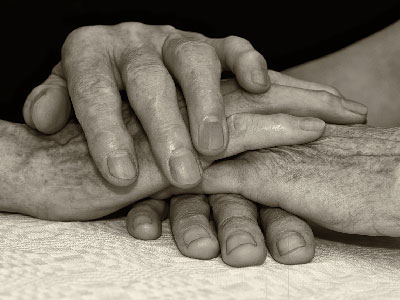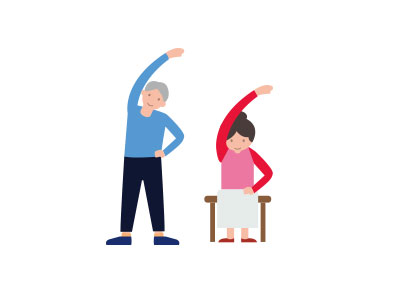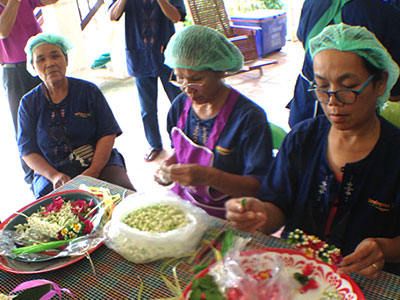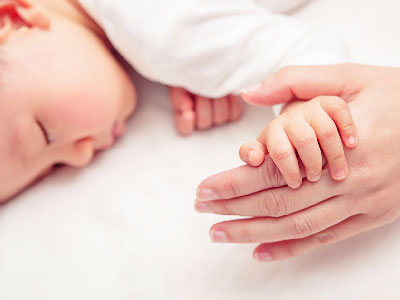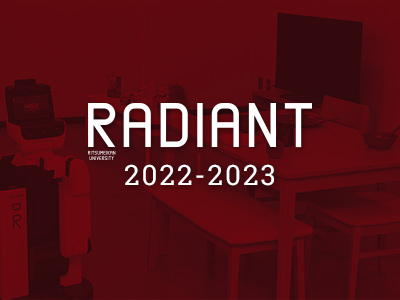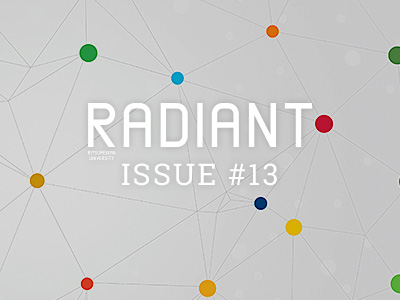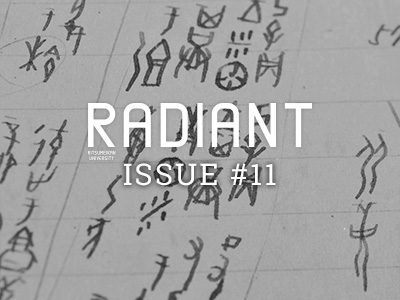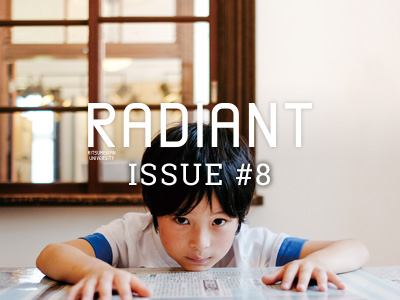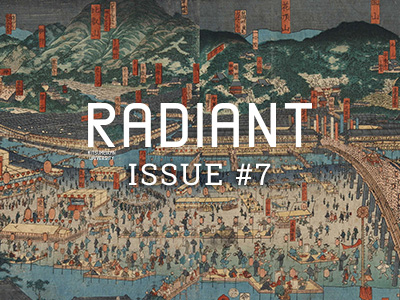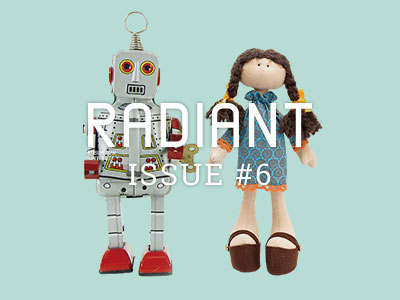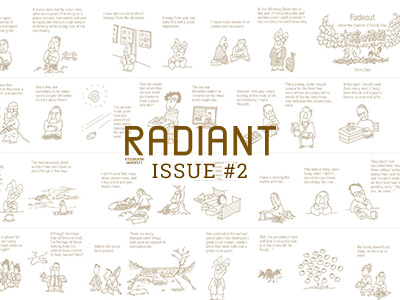STORY #2
Every Citizen Becomes a Caregiver - Who Takes the Main Responsibility Depends on Each Country
Yoko Otsuka
Professor, College of Policy Science
In Denmark, the responsibility for nursing elderly people is assumed by professionals who are public servants.
“Who will be responsible for nursing in an aged society in ten or twenty years’ time?” asks Yoko Otsuka. “Without even mentioning such a future, taking care of elderly people is a challenge that all generations—including those in their teens and twenties—need to be facing right now.”
According to Otsuka, the generation of children whose parents are in their 90s are now as old as their 60s or 70s. In the current situation, the burden of long-term care for elderly people extends to grandchildren or even great-grandchildren. At the same time, as illustrated by the increase in double-income families and of single people due to later marriage, lifestyles and family structures have become more diverse. This all means that the overwhelming shortage in the labor force for long-term care is an urgent issue. But as of yet, no radical solutions have been found.
Otsuka tries to approach these challenges through comparisons with other countries. Above all, focusing on the Scandinavian countries, which are known as advanced welfare states—in particular, Denmark—she has conducted international comparative studies from the perspective of gender.
Otsuka explains the current situation by saying, “In Denmark, where the welfare system for elderly people has been greatly improved, women and their families are not burdened with the responsibility of caring for the elderly on an institutional level.”
In Denmark, where care for the elderly is separated from the role of families under the country’s national welfare policy, the people who bear the responsibility are professional care workers with appropriate knowledge of nursing and health, who are employed as regular public servants. This is vastly different from Japan, where caring for elderly people is considered to be a role for the family and where it has been accepted that women would traditionally be expected to take care of elderly family members through unpaid work.
“Although they are regular public servants, most care workers are female, both in Denmark and Japan,” says Otsuka, whose interest has turned toward clarifying the role of women in the welfare state as a result of issues that have arisen with female nursing assistants in Denmark.

In addition to Denmark, Otsuka has also developed a keen interest in China, a country with a large population. “Although China has something in common with Japan in the sense that the core of care for elderly people is considered to be family, we can also see a unique aspect to China in the form of the large economic gap between its cities and rural areas, whereby many care workers are (qualified and unqualified) women coming to cities from rural areas.”
Scandinavian countries are widely recognized by the general public as advanced welfare states.
In fact, Denmark spent many years improving its care and welfare policies in a manner that cannot be compared with Japan or China, and appears to be making progress in the management of its aging society. However, Otsuka comments, “It is too simplistic to think that we could solve care issues for elderly people in Japan by introducing their system.” She points out that the level of knowledge regarding welfare in Scandinavia—both in terms of the general public’s perception and research—remains at the level that it was at in the 1990s, when those Scandinavian nations came to be recognized as having advanced welfare states, and that there is presently an insufficient understanding of the actual state of affairs in Scandinavia.
For this very reason, in addition to studying policy, Otsuka visited welfare facilities for elderly people in Denmark in an effort to comprehend through actual fieldwork a reality that cannot be understood from policies alone.
Denmark is no exception in terms of the global slowdown in economic growth, with a shrinking budget for welfare policy. Under such circumstances, the number of specialist care workers, who should essentially be a stable profession of public servants, is being reduced. Otsuka’s fieldwork has revealed that this tendency is causing a new issue in that it is becoming more difficult to promote a form of independence in care receivers.

“As a result of the reduced range of nursing services and time, care for elderly people whose level of independence does not go as planned is increasingly being pushed back onto families.”
Providing detailed accounts of the reality as well as policy, Otsuka’s studies shed new light on an aspect that is hidden beneath the image of an advanced welfare state.
Furthermore, Otsuka continues by saying, “The issue of care for elderly people in Japan and in Denmark cannot now be understood from a one-dimensional viewpoint.” One example of this is the issues arising from the feminization of the welfare society, whereby not only caregivers but also care receivers are overwhelmingly female.
Therefore, we cannot overlook the fact that the role of caring for elderly people, which has traditionally been assumed by female family-members, is now falling upon men who are in the prime of their working lives.
Otsuka concludes that “while the viewpoint of gender was of great use in discussing the socialization of care in the early stages, I now want to understand the reality of care for elderly people from a range of perspectives.”

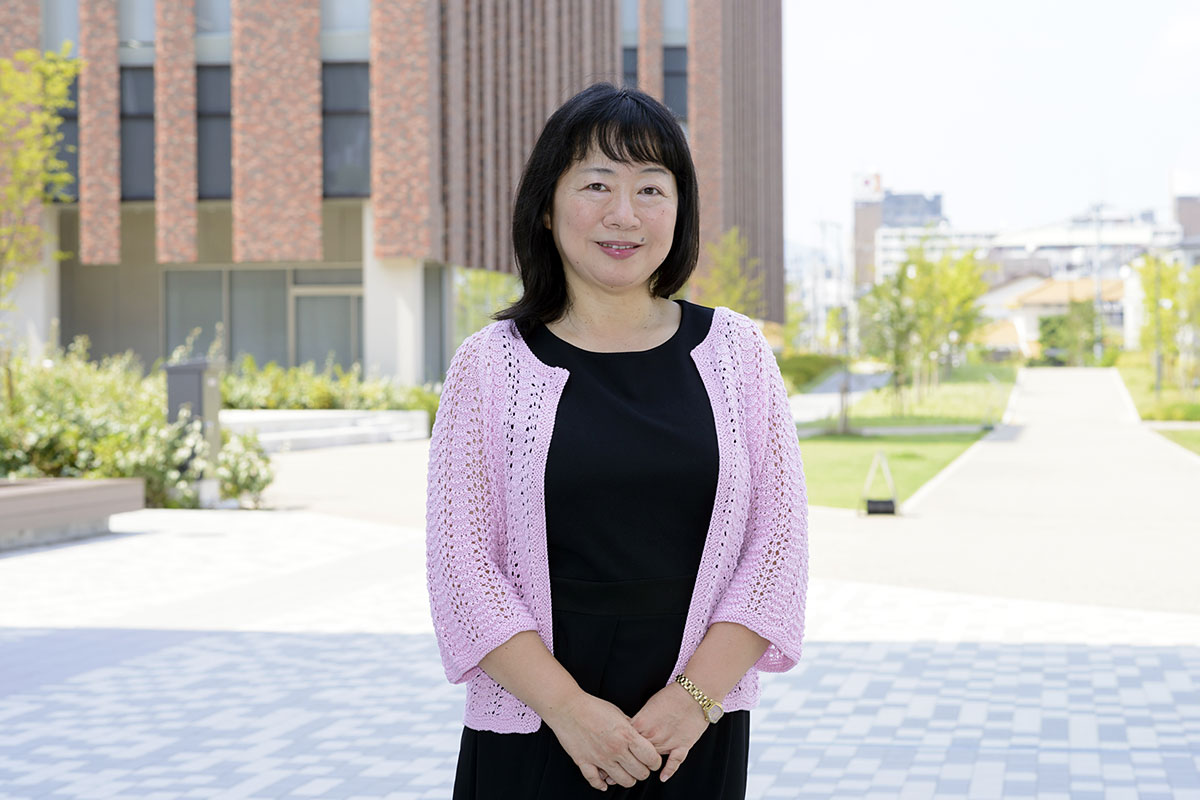
Yoko Otsuka
Professor, College of Policy Science
Subject of Research: Welfare policies as viewed from the perspective of families and gender (mainly in Scandinavia); welfare and poverty
Research Keywords: Sociology, social welfare and social work studies


